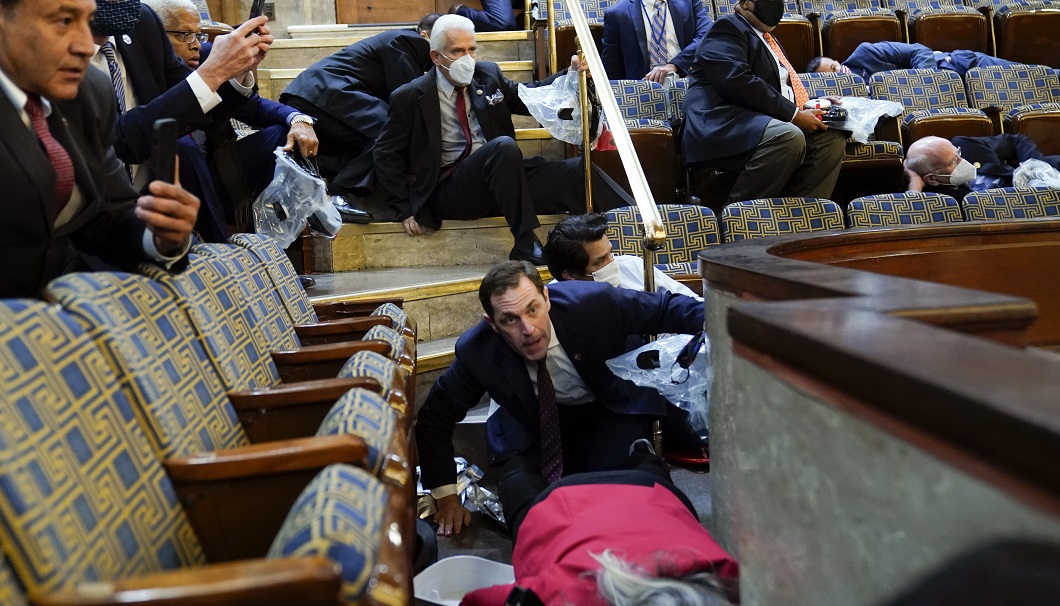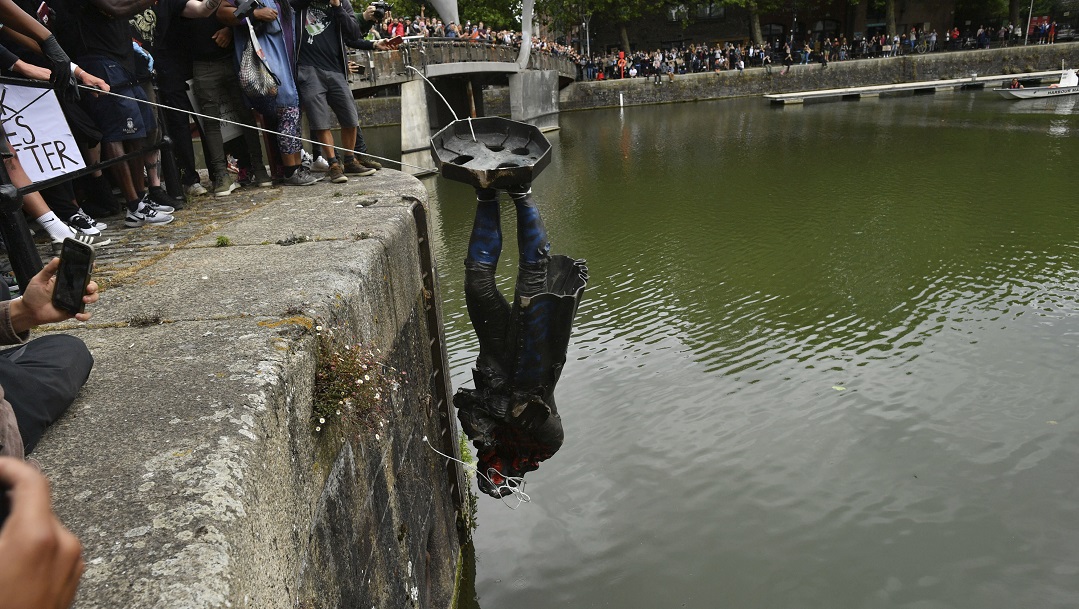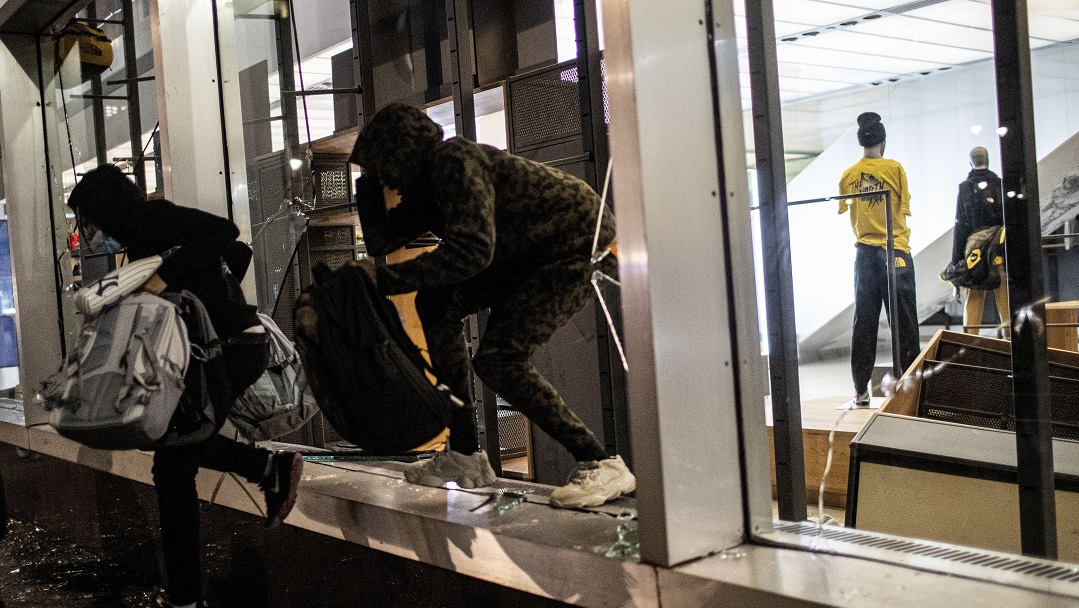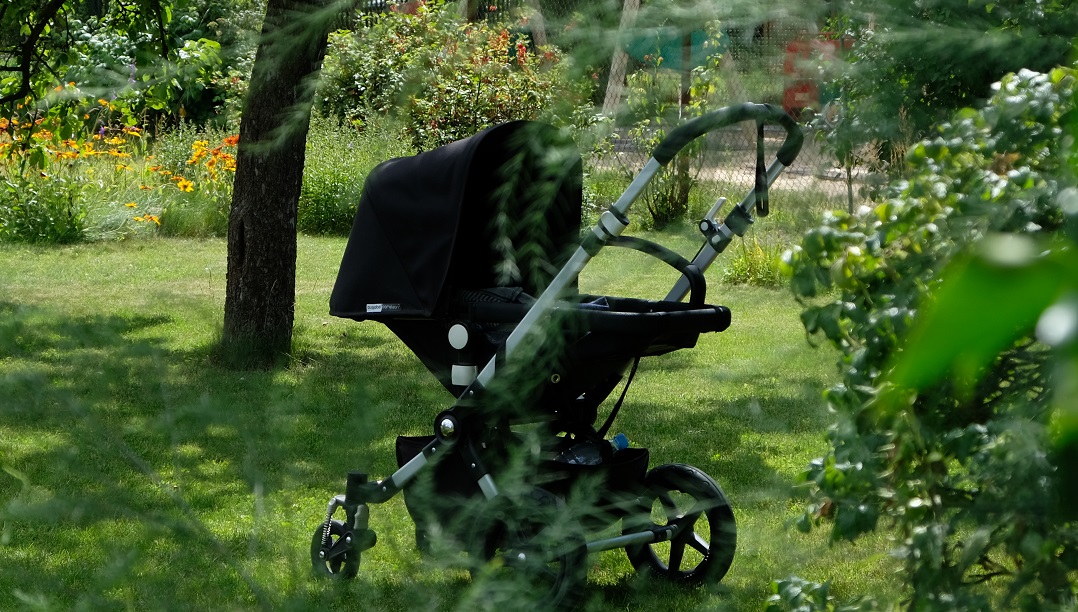The Importance of Bad News

Human beings have an endless capacity to adopt to trying circumstances – especially when it’s other people who are suffering.
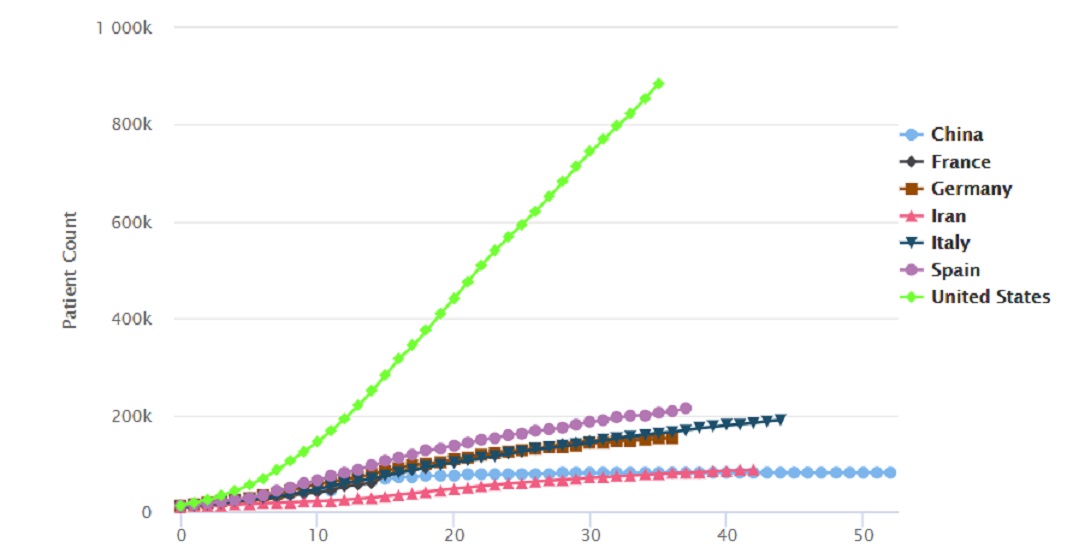
T
he corona calamity can be measured in many ways, but one is the adverts on frum news sites. In those long-off pre-Purim days when corona was just something that was causing Chabad shluchim in China to close shop, all the normal concerns of frum society – sales, clothes, cars, yeshiva dinners, shiurim, politics, new books – were reflected in the ads.
But scroll down any news site today, and grim corona statistics mix with controversies about outdoor minyanim – and one advert after another featuring yesomim funds.
Those sweet pictures of once happy families now shattered by the death of a father or mother are the starkest reminder of what’s gone wrong.
Because on a scale that our generation has never seen, hundreds of children have been orphaned almost overnight, in communities from New York to London.
Those pictures and statistics are hard to digest – how much bad news, after all, can a person bear? But it’s precisely because they’re so bad that it’s important to keep looking at them.
Human beings have an endless capacity to adopt to trying circumstances – especially when it’s other people who are suffering. After a while, even mass tragedy can lose its shock effect. That’s why it’s so important to picture the people who have lost someone, to hear their stories. Because the alternative is numbed indifference to a communal tragedy.
A difficult recent conversation brought home that reality. Rabbi Mayer Berger of Chesed Shel Emes, the New York-based Chevra Kadisha that has performed the bulk of the taharos in the city, spoke quietly about the sheer numbers the Chevra has had to deal with since Purim, about the pain of burying so many young people; about a leading askan who was helpless to gain hospital entry to see a parent who was niftar; and about medical staff writing off a 73-year old until his son told them that the man worked full-time.
It didn’t make for easy listening, but that conversation opened my eyes to the waves of pain washing over so many individuals and families in New York.
There’s a touching scene that I’ve watched replay itself a few times in a shul in Ramat Beit Shemesh, as an older American man interacts with a revolving cast of tzedaka collectors. Most of them are very different to him: Yerushalmis from the next neighborhood, the hard-up from across Israel. They don’t come at the most convenient time: he’s either davening or learning with a chavrusa.
But what’s impressive is that he never reacts by just technically performing the mitzva of tzedakah: he makes sure to look them in the eye, giving them a good morning, or a nod if that’s not possible.
To this former New Yorker now in Israel, here are humans. Each has a life and a story, and each deserves more than a donation.
As coronavirus wears on, the importance of bad news will grow. It will face us with a choice: to do the entirely human thing and skip reading what will cause us pain, gradually becoming inured to the statistics of suffering. Or to read on; like this gentleman, to try and humanize each case.
Perhaps that will lead to a donation to a family struggling with loss and financial hardship. But it may simply help us to daven for people we don’t know, just because they are members of Klal Yisrael.
**You can submit your feedback in the space provided at the end of this post.
Oops! We could not locate your form.

